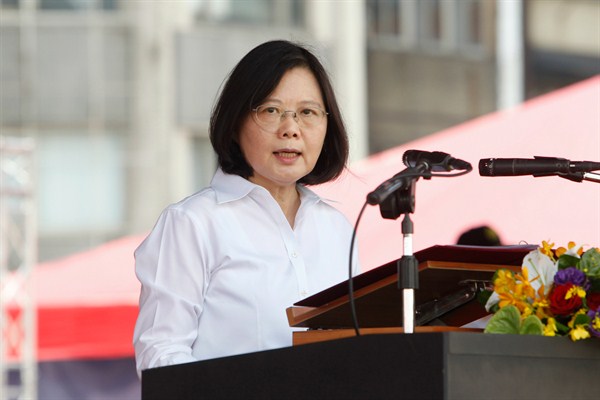Late last month, the Trump administration approved its first package of arms sales to Taiwan. For Taipei, this welcome news was long overdue, but not nearly enough to stop its slide toward international isolation.
Taiwan recently lost Panama, one of its few remaining diplomatic allies, to China, when the Panamanian government severed its diplomatic ties to Taipei and officially recognized Beijing instead. The tiny African island nation of Sao Tome and Principe made the same decision in late December. Other countries are likely to follow Panama, as China continues to woo Taiwan’s remaining friends with economic incentives.
China still views Taiwan as a “renegade province” and has not ruled out using what it calls “non-peaceful” means to reunify it with the mainland. In the nearly four decades since Taiwan lost official U.S. diplomatic recognition, Beijing has repeatedly squashed the island’s international presence, most recently at the World Health Assembly and the International Civil Aviation Organization.

